
Grades:
9th Grade, 10th Grade, 11th Grade, 12th Grade
Students are guided through the urgency to create large scale plan solutions for climate mitigation and green energy fuel sources. They will then build and design a bioreactor using algae as a

Grades:
4th Grade, 5th Grade, 6th Grade
Students will learn about the history of rocketry and the science behind it. They will launch rockets using pressure for propulsion, as well as model rockets with engines.

Grades:
7th Grade, 8th Grade, 9th Grade, 10th Grade, 11th Grade, 12th Grade
This lesson is a whole unit on energy. It can be broken up into 10 separate lessons. I chose to put them all together so that it was easier to see how I organized them so you did not have to search

Grades:
3rd Grade, 4th Grade, 5th Grade, 6th Grade
In this lesson plan, students explore the ideas of energy transfer between two objects. Students are tasked with making a maze for a marble to run through, using a 3d pen and other materials. Students

Grades:
7th Grade, 8th Grade, 9th Grade, 10th Grade, 11th Grade, 12th Grade
This lesson is designed to help students learn how to critically evaluate sources of information, a crucial skill for conducting independent STEM projects. The lesson uses the Baloney Detection Kit
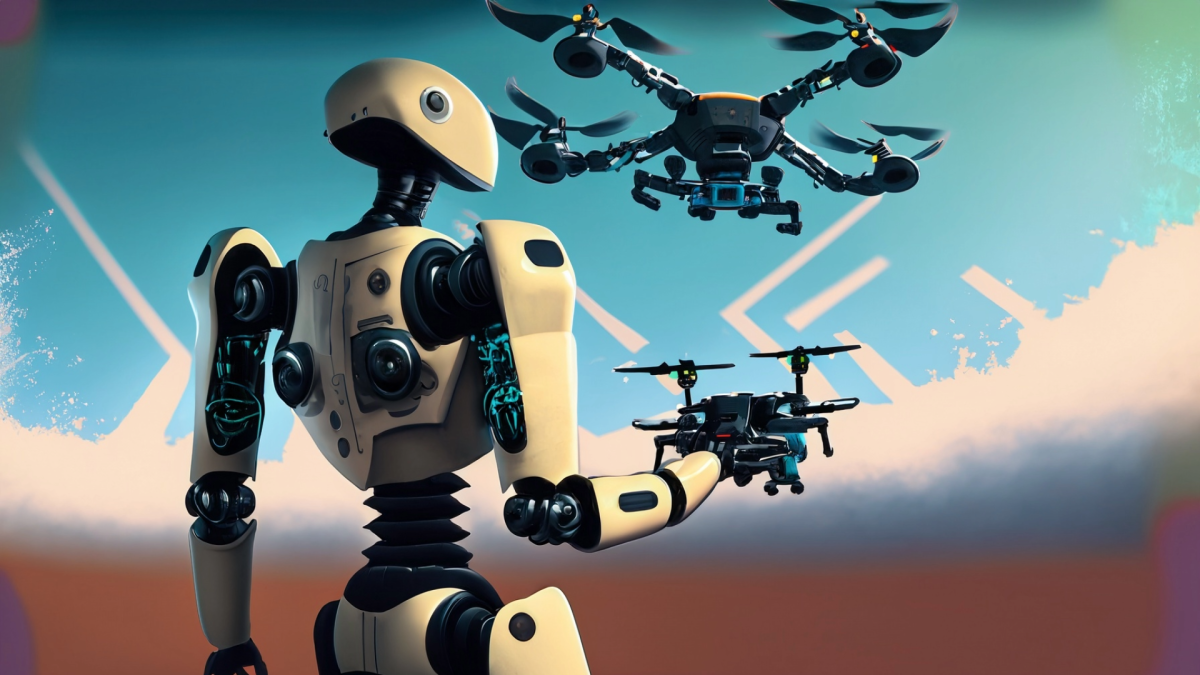
Grades:
6th Grade, 7th Grade, 8th Grade
Students will learn the importance of clear, precise communication by directing a partner to navigate a drone through an obstacle course. This exercise will draw parallels to writing clear and

Grades:
Kindergarten, 1st Grade, 2nd Grade, 3rd Grade
Students will learn about the engineering design process by working in small groups to identify a problem, then design and create a solution, inspired by the main character's creativity and problem

Grades:
6th Grade, 7th Grade, 8th Grade
This lesson helps engage student voice in developing stronger research questions and projects on topics about which they are interested, curious, and passionate. The Question Formulation Technique

Grades:
6th Grade
Explore the concepts of force and energy transfer by launching rockets of varying weights and observing the resulting flight distances. Gather numerical data on the flight distances of the rockets and

Grades:
6th Grade
Students will: Construct a pool noodle rocket flinger using provided materials, demonstrating an understanding of the design principles involved. Explore the concepts of force and energy transfer by
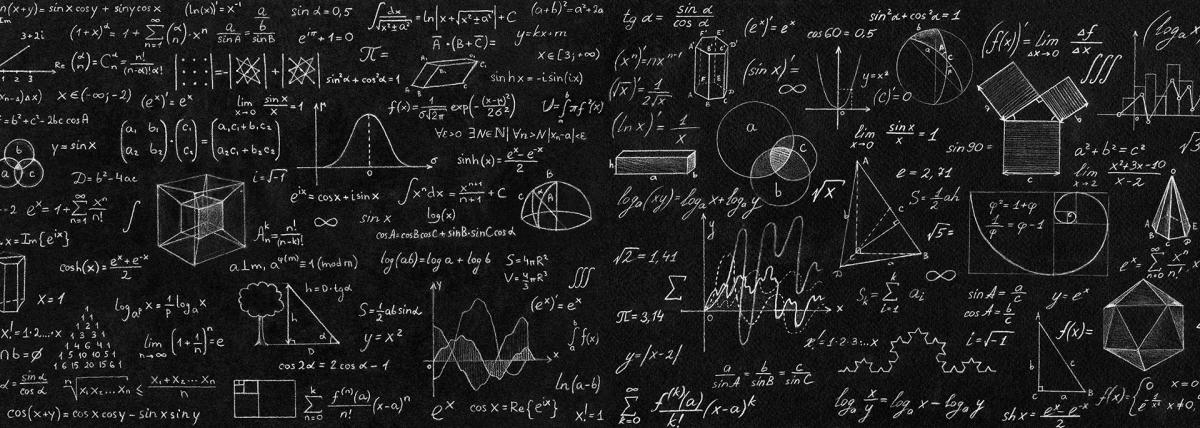
Grades:
9th Grade, 10th Grade, 11th Grade, 12th Grade
This lesson can be used as a formative assessment on Static Equilibrium of a horizontal meter stick that has two masses hanging from the meter stick. One of the mass values is provided, the 2nd mass

Grades:
11th Grade, 12th Grade
Students will design and build eco-friendly Art Deco-inspired miniatures of party venues from "The Great Gatsby" by learning principles of geometry, engineering, and sustainability, and culminating in

Grades:
11th Grade
Students will identify and address problems from "Animal Farm" through STEM projects by collaborating in small groups to research, develop proposals, and present solutions, with tailored support and
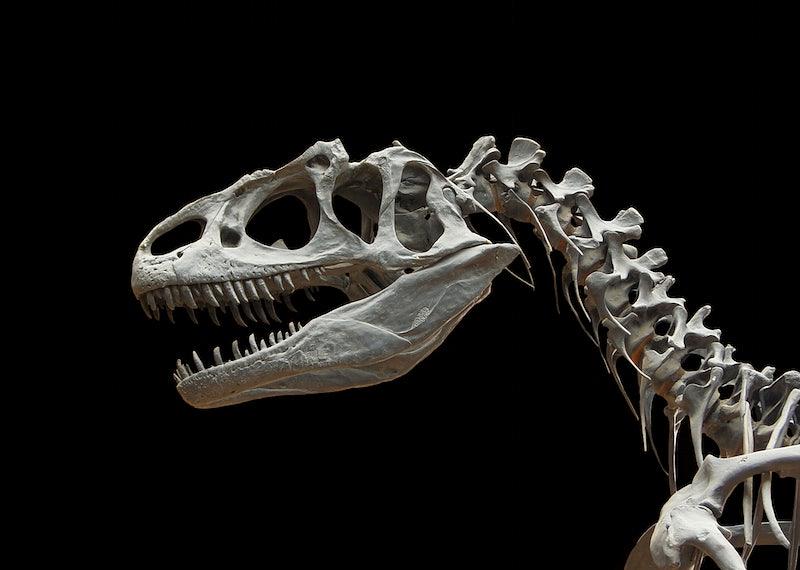
Grades:
6th Grade, 7th Grade, 8th Grade, 9th Grade, 10th Grade, 11th Grade, 12th Grade
Students put together fossil bone cut outs to determine a prehistoric species before learning about the different ways scientists determine the physical characteristics of extinct organisms.

Grades:
9th Grade, 10th Grade, 11th Grade, 12th Grade
This STEM Argumentative Research Project engages students in exploring the scientific, ethical, and societal implications of themes in Mary Shelley's "Frankenstein." Students will work in groups to
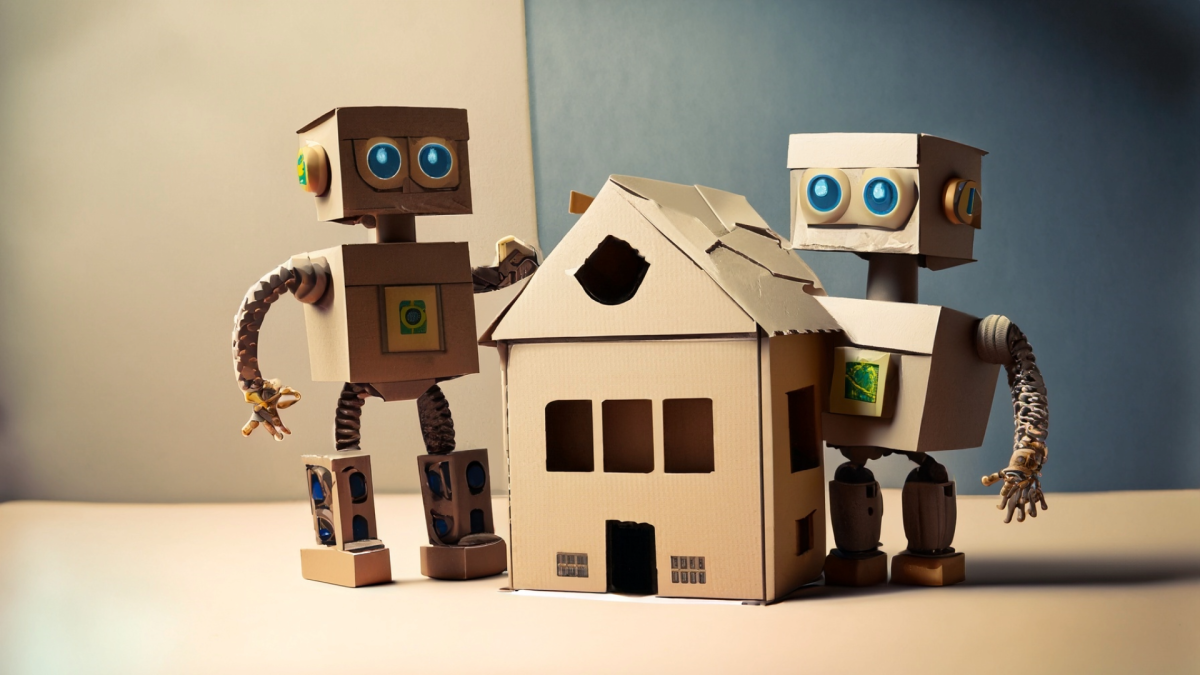
Grades:
5th Grade, 7th Grade
This lesson is all about force and the influence it has on the motion of an object. In this lesson plan, students will be challenged to design a sturdy paper human house that can withstand force (wind

Grades:
1st Grade
Engage your young learners in an exciting journey through the world of STEM with our "Balloon Rocket Race" lesson! Designed specifically for 1st-grade students, this interactive and hands-on lesson

Grades:
5th Grade, 7th Grade
This is a project to be used possibly at the end of a unit on Newton's Laws with discussions of how his laws apply to the painting and the motion of the pendulum. It can also lead to discussions of
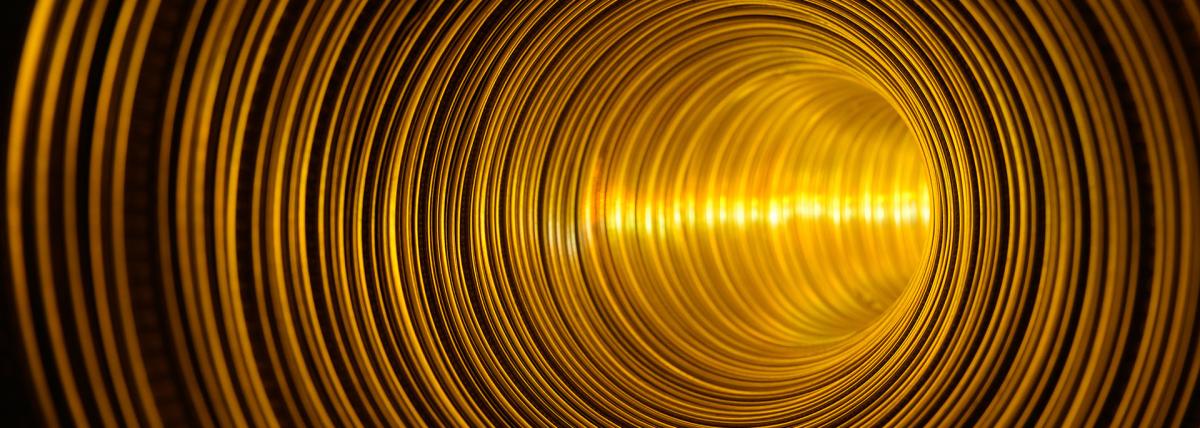
Grades:
4th Grade
This is a lesson that allows students to investigate sound waves moving from one place to another. By using simple materials, students can have significant influence on large-scale variables of

Grades:
3rd Grade
In this 45-minute lesson, 3rd graders will design and build LEGO marble mazes, learning engineering and math concepts. They experiment, design, test, and present their mazes, fostering creativity

Grades:
6th Grade
Students learn what an urban heat island is and why it is a problem, specifically for Phoenix, and the effect people have had on the environment that caused this problem. Students will design a

Grades:
4th Grade, 5th Grade
In this engaging lesson, students will explore the fascinating world of magnetism. Students will learn about different types of magnets and how they work. Additionally, we will delve into the concept

Grades:
7th Grade, 8th Grade, 9th Grade, 10th Grade, 11th Grade, 12th Grade
Want to incorporate the Arts into your 7-12 STEM classroom? The Global Science Opera provides a way to do just that! Learn how to facilitate a STEAM collaboration with arts teachers to make it happen.

Grades:
8th Grade
The students will come up with what is sound and how it is produced. Then in the next two lessons explore with a signal generator to explore amplitude and frequency.


